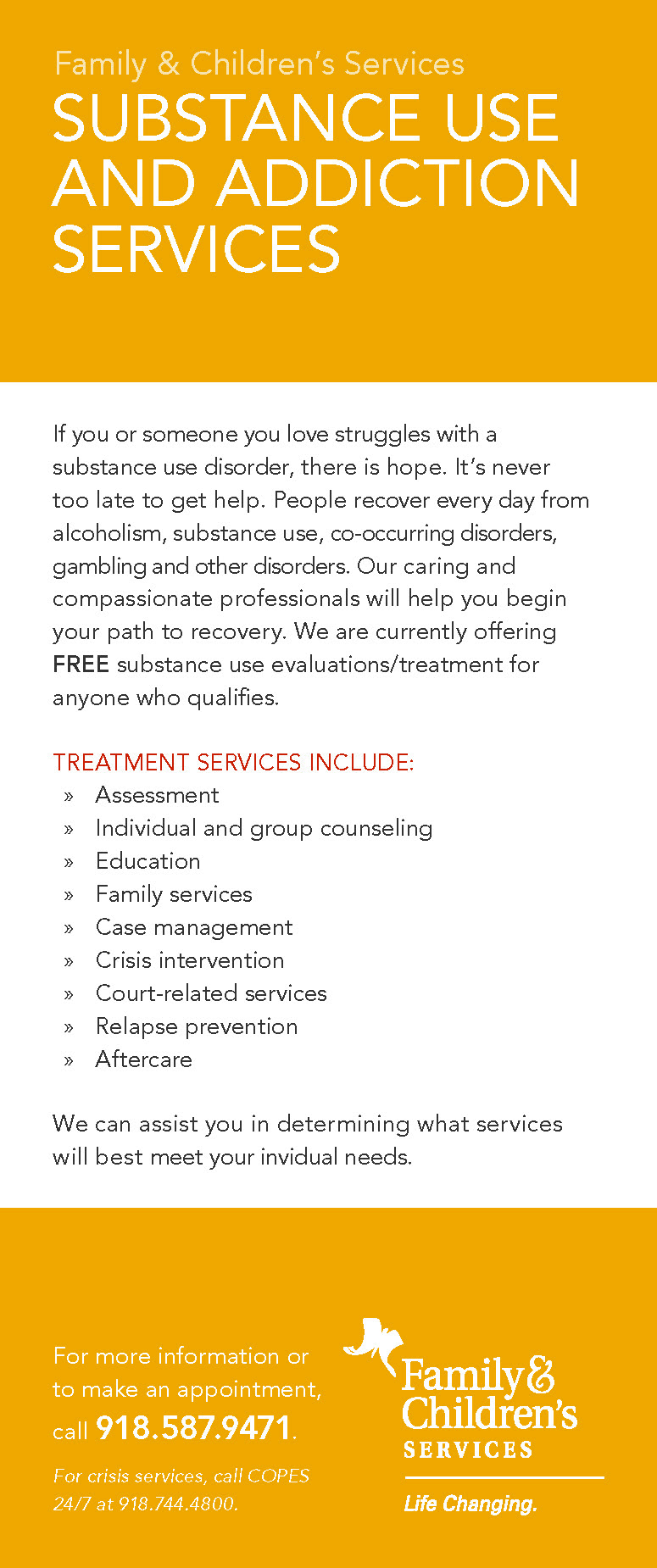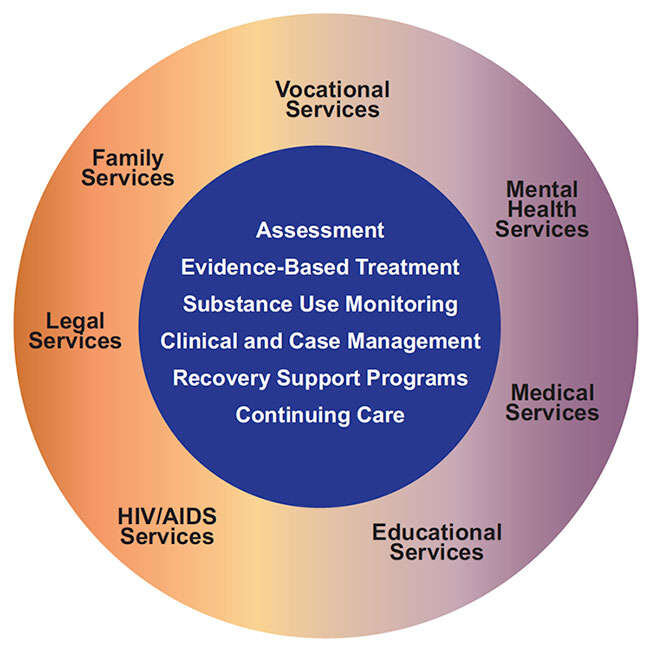A Comprehensive Overview to Substance Abuse Rehab
Substance Abuse rehabilitation, typically referred to as rehabilitation, is a structured procedure designed to aid individuals get rid of dependancy on drugs, alcohol, or other habit forming compounds. It is not just about cleansing-- it is a trip of psychological, psychological, and physical change. Rehab centers supply secure settings where people can challenge the origin of their dependency, address emotional triggers, and find out dealing systems to endure lasting sobriety. This process is directed by qualified professionals, consisting of specialists, medical doctors, and therapists that comprehend the complex nature of dependency as both a physical and behavioral condition.
Recognizing the Core important Abuse Recovery
At its core, rehabilitation has to do with rebuilding a person's life. Dependency frequently leaves deep scars-- strained connections, economic distress, health issues, and mental illness. Through detailed rehabilitation programs, people are given the tools to repair these elements progressively. Rehabilitation isn't just about avoiding materials; it's concerning reclaiming control and discovering one's feeling of self-worth. The programs emphasize structure, consistency, and personal responsibility, which are vital to lasting recovery success. Every small milestone during rehab functions as a foundation for lasting sobriety.
Furthermore, Substance Abuse rehab is not a one-size-fits-all technique. It recognizes that each person's dependency tale is one-of-a-kind-- what brought about Substance Abuse abuse, just how it advanced, and exactly how healing can be sustained vary extensively. Treatment facilities customize care strategies based on private analyses, guaranteeing that every patient gets assistance that aligns with their emotional state, addiction background, and life circumstances. This individualized approach considerably improves healing end results and helps stop regression once people rehabilitate into daily life.
The Advantages of Inpatient Rehab Programs
Inpatient rehab, likewise recognized as household therapy, supplies among one of the most reliable approaches for those battling severe Substance Abuse dependency. Among its key benefits is the organized and distraction-free setting. When an individual goes into an inpatient facility, they are briefly eliminated from external triggers-- such as pals who use substances, stressful workplaces, or family conflicts-- that could prevent their healing. This isolation from unfavorable influences allows people to concentrate completely on healing. Living within a helpful and monitored setup develops the stability needed to damage old behaviors and develop healthier patterns of habits.
An additional significant benefit of inpatient rehab is the 24/7 professional guidance offered to each patient. Withdrawal signs and symptoms from medications or alcohol can be unforeseeable and, in many cases, life-threatening. Inpatient centers have medical teams that supply day-and-night care, making certain individuals are comfortable and secure during detoxification. Past physical health, continuous supervision additionally provides psychological peace of mind-- patients understand that help is readily available any time, which lowers stress and anxiety and constructs rely on the recovery process. This prompt access to mental and medical support dramatically improves the success price compared to outpatient look after extreme addictions.
Inpatient rehab programs foster a solid feeling of community and responsibility. People communicate with others that share comparable struggles, take part in team treatment, and engage in activities that motivate synergy and empathy. This environment nurtures common understanding and reduces feelings of isolation usually related to addiction. By getting in touch with peers and picking up from their experiences, people develop social bonds that continue to support them even after leaving the center. This feeling of belonging, incorporated with consistent professional assistance, makes inpatient rehabilitation a very reliable structure for lasting recovery.
Inpatient Rehab Services Offered
Inpatient rehabilitation centers provide a diverse series of services developed to treat the spirit, mind, and body simultaneously. The first stage generally involves medical detoxification, a process that safely removes substances from the body while taking care of withdrawal signs and symptoms. Detoxification is overseen by physician who may administer medicine to reduce pain and avoid problems. Once detox is full, people shift to structured daily programs that consist of treatment, counseling, and wellness activities. This incorporated method ensures that individuals not only get over physical reliance but additionally address psychological and psychological elements of dependency.
Restorative solutions are at the heart of inpatient rehabilitation. Facilities offer person therapy sessions, where people work individually with licensed specialists to uncover the underlying root causes of their dependency-- such as trauma, psychological health conditions, or unsolved emotional discomfort. Cognitive-behavioral therapy (CBT), dialectical habits treatment (DBT), and motivational talking to are amongst the most usual evidence-based methods utilized. Additionally, group therapy sessions give a supportive area for individuals to share experiences, gain perspective, and establish social abilities. Family therapy is additionally frequently included, assisting to restore trust and enhance interaction in between patients and their loved ones.
Beyond standard treatment, many inpatient programs include all natural and entertainment solutions to advertise overall wellness - dual diagnosis rehab NJ. Yoga exercise, reflection, art treatment, and health and fitness programs help in reducing anxiety and educate mindfulness. Nutritional therapy ensures that patients rebuild physical health and wellness, as Substance Abuse typically diminishes the body's necessary nutrients. Some rehab focuses also supply trade training and educational workshops to help clients prepare for reintegration into society. These varied solutions are made to recover the entire person-- not just treat addiction signs and symptoms-- by cultivating strength, equilibrium, and function
Why You Need To Think About Outpatient Programs
While inpatient rehab supplies a extensive and immersive approach, outpatient programs give a choice that enables flexibility for people that can not commit to full-time household treatment. Outpatient rehab makes it possible for individuals to receive organized therapy and medical assistance while maintaining their day-to-day obligations-- such as family, job, or school care. For many people with mild to modest addiction, outpatient therapy offers the best balance in between recovery and day-to-day life. It allows individuals to practice the coping abilities they learn in real-world atmospheres, reinforcing their durability despite daily challenges.
Another factor to consider outpatient programs is their cost-effectiveness. Inpatient treatment can be pricey as a result of holiday accommodation, dishes, and 24-hour guidance, which may not be monetarily possible for every person. Outpatient programs, nevertheless, typically cost much less due to the fact that they do not require household stays. Numerous centers supply sliding-scale payment choices or approve insurance to make treatment accessible. For those that have actually already completed inpatient rehab, transitioning right into an outpatient program acts as a valuable continuum of care, helping preserve liability and protect against relapse through ongoing support.
Furthermore, outpatient programs use a high level of modification. Patients can choose between partial hospitalization programs (PHP), intensive outpatient programs (IOP), or conventional outpatient treatment, depending upon their degree of demand. Each alternative gives differing levels of framework and time dedication. IOPs usually include a number of therapy sessions per week, while basic outpatient care could consist of once a week therapy check outs. This versatility guarantees that patients can receive specialist aid tailored to their recovery phase, making outpatient programs a sensible and encouraging option for long-term recuperation upkeep.

Discovering Various Other Therapy Alternatives in Substance Abuse Abuse Recovery
Beyond inpatient click here for more and outpatient rehab, there are several other therapy alternatives readily available for people looking for recuperation from Substance Abuse dependency (addiction treatment). Medication-assisted therapy (FLOOR COVERING) is one such technique, integrating recommended medications with behavior modification to take care of withdrawal signs and symptoms and minimize food cravings. Medicines like methadone, naltrexone, or buprenorphine are frequently used in opioid dependency treatment, while acamprosate or disulfiram may support alcohol recuperation. MAT helps maintain mind chemistry, allowing people to concentrate on therapy and lifestyle adjustments without the overwhelming discomfort of withdrawal

Alternate therapies are additionally ending up being increasingly prominent in Substance Abuse Abuse therapy. These may consist of holistic techniques like acupuncture, equine treatment, adventure-based counseling, and spiritual recovery programs. While these approaches might not replace standard therapy, they can match it by improving psychological regulation, self-awareness, and self-confidence. The objective dual diagnosis rehab NJ of checking out various treatment choices is to develop a healing strategy that resonates with each individual's worths, beliefs, and way of life. A personalized combination of treatments frequently generates the most sustainable outcomes, encouraging individuals to live a satisfying, substance-free life.
The Course to Long-Term Sobriety and Healing
Finishing rehabilitation-- whether inpatient or outpatient-- is only the beginning of a lifelong recuperation journey. Aftercare programs play an important duty in maintaining sobriety and protecting against relapse. These programs may consist of ongoing therapy, support system like Narcotics Anonymous or Alcoholics Anonymous, and sober living arrangements that give continued framework. Consistency and area are crucial; individuals who stay linked to recuperation networks are extra most likely to maintain long-term progress. Rehab instructs the necessary coping abilities, but aftercare makes sure that those abilities are used and strengthened in real-life circumstances.
Long-lasting recovery also depends upon way of life adjustments that sustain mental and physical wellness. Establishing healthy habits-- such as routine workout, well balanced nutrition, and mindfulness techniques-- helps restore balance to the mind and body. Participating in purposeful activities like offering, pursuing hobbies, or reconnecting with enjoyed ones can load the psychological void left by Substance Abuse use. Concentrating and creating a positive way of thinking on future goals offer recuperating individuals a renewed feeling of identity and direction. Soberness is not about deprival; it's about redeeming life's richness and opportunities.

With detailed rehabilitation programs, individuals are offered the devices to repair these facets slowly. Inpatient rehabilitation programs promote a solid feeling of community and accountability. While inpatient rehab supplies a intensive and immersive strategy, outpatient programs offer an alternative that permits versatility for people who can not devote to permanent residential therapy. Outpatient rehabilitation makes it possible for patients to receive structured therapy and medical support while maintaining their day-to-day duties-- such as college, work, or family care. Past outpatient and inpatient rehab, there are numerous various other treatment choices readily available for people looking for recuperation from Substance Abuse addiction.